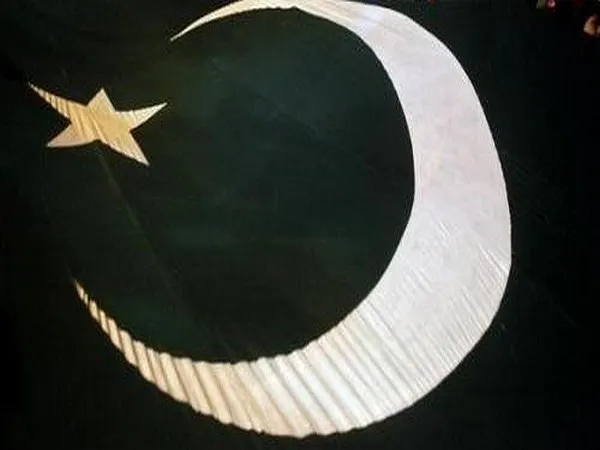The raging domestic turmoil in Pakistan, showing no sign of ending, has diverted the government’s already-wavering focus on militancy. The renewed spurt in violence has the world community worried.
The United Nations has expressed concern at prospects of a rise in terrorism, while the United States has promised ‘solidarity’ and help, even as the Pakistan-Afghan region’s tribal areas tremble at the offensive by the Tehreek-e-Taliban Pakistan (TTP) with violence, aided by the spread of the Islamic State (Da’esh).
Alarm bells rang as the TTP unilaterally cancelled its cease-fire pact with the Pakistan government on November 28, precisely the way it had done in December 2021, and called its fighters to act “anywhere, everywhere.” A day later, four people died in a suicide attack in Quetta, the capital of the troubled Balochistan province. TTP claimed credit.
Pakistan’s Interior Minister Rana Sanaullah said in Islamabad on 1st December that while the rise in terror incidents was alarming, it would not get “out of control”.
Instead of dealing with the TTP, he was for the past many weeks busy with managing law and order on former prime minister Imran Khan’s Long March for which thousands moved from Lahore to Islamabad.
Much of the fighting against the TTP is done by the army, but that too was battling controversy and open criticism of its top brass, till the all-powerful army chief, General Qamar Javed Bajwa, retired on November 29. The cancellation of the cease-fire prompted Islamabad to act, but inexplicably, with ‘soft’ diplomacy of rushing its junior foreign minister, Hina Rabbani Khar, to Kabul, when the senior, Bilawal Bhutto Zardari, was available at hand.
The first ministerial-level visit by a lady to Kabul to talk to the Afghan Taliban, infamous for curbing women at home, only allowed for optics and expression of bonhomie. While discussing a host of issues including security, the hosts sent the lady visitor to lunch with Afghanistan’s Women’s Chamber of Commerce.
Neither side disclosed anything concrete on the main crux – Kabul’s tacit support to the TTP whose fighters operate from the Afghan territory. The Afghans are loath to evict the TTP that had helped them to return to power in August 2021 and are their ideological brothers. Beyond bland declarations of not allowing their territory to be used for terrorism, Kabul has told Islamabad to resolve the TTP as its ‘internal’ issue. Meanwhile, IS and Al Qaida that Kabul is battling on its territory have spread far, deep and wide in the Pak-Af region, even spreading to the cities. Besides Quetta, Pakistan has also witnessed an IS-claimed attack in Karachi.
The TTP’s mayhem and setting up bases in Khyber Pakhtunkhwa province have alarmed citizens to take their protests to the streets. They are demanding action against the militants. But the government has instead acted against the groups of ‘nationalist’ Pashtuns and Balochs, media reports say.
Demanding that the government act firmly against the TTP in the wake of the cease-fire cancellation, Dawn newspaper (November 30, 2022) said in an editorial: “For a nation that has experienced years of wanton violence by religious extremists who did not even spare women and children, and left parks, bazaars, schools, mosques, churches, etc awash with blood, there can scarcely be a more chilling message.”
Criticizing the government’s dealing with the TTP, it said: “Over the last few months, however, the state has been dishing out spin rather than facts to an increasingly uneasy public. As recently as September, the authorities were insisting that the threat of a militancy redux was an “exaggeration”.
“The truth is, the state has wasted precious time by not consolidating its success in militarily pushing TTP out of its strongholds in the north.”
Drawing a larger picture of Pakistan’s dealing with the Afghan Taliban regime, the newspaper said: “Most importantly, the state needs to realise that where we are now is the result of decades of flawed, security-centric policies, particularly the notion of ‘strategic depth’ that, with the second coming of the Afghan Taliban, has boomeranged — and raised the spectre of a nightmare revisited.”
Senator Raza Rabbani, who heads the key parliamentary committee on security issues, again called for a joint session of parliament to discuss the TTP and how the government had been handling talks with the outfit. He alleged that parliament and the nation were being kept in the dark about the military operations as well as the talks.
iffras.org

